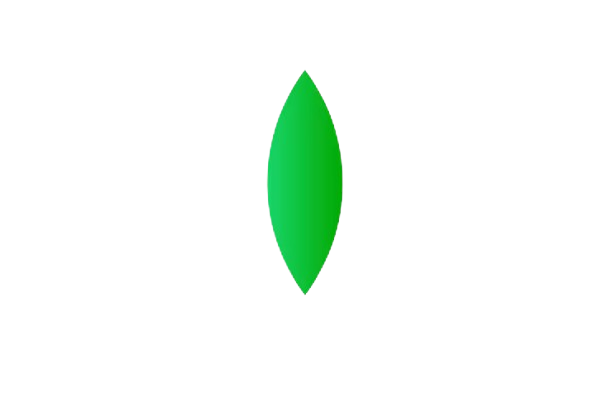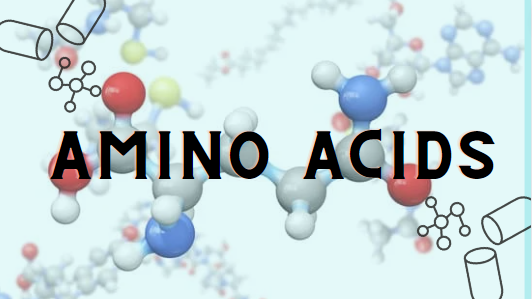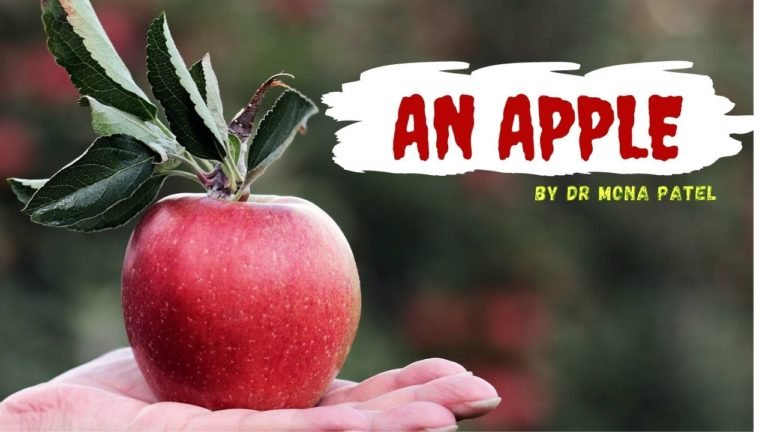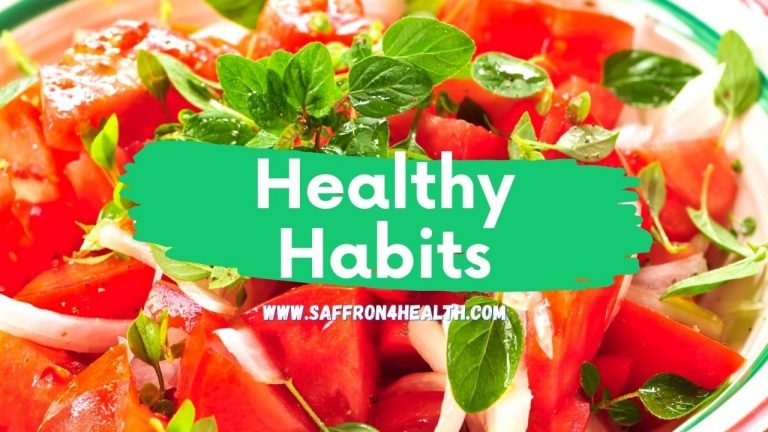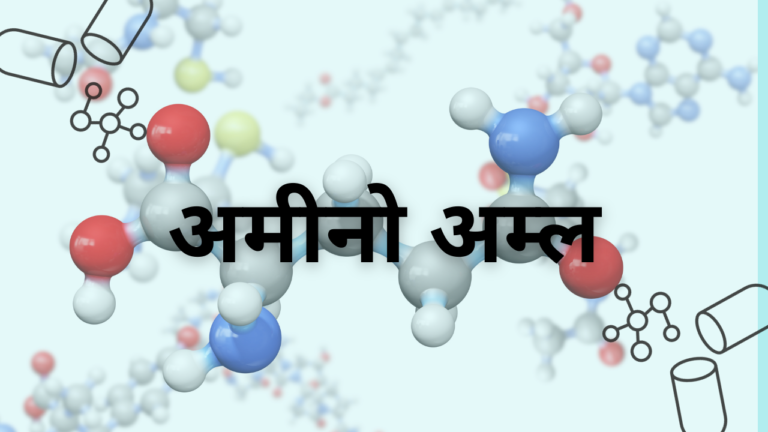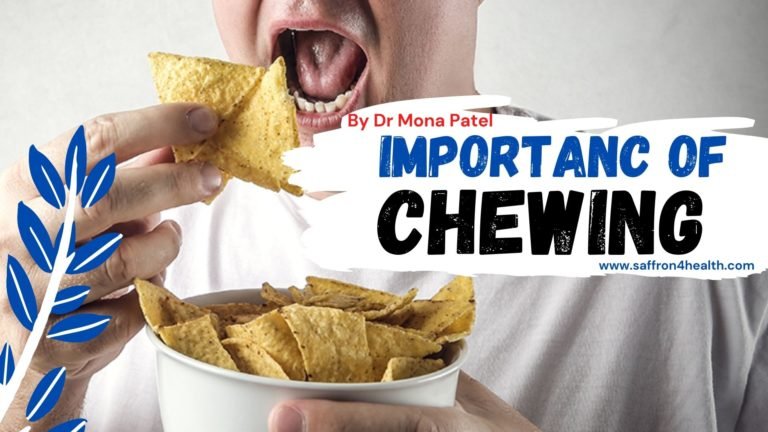AMAZING POWER OF AMINO ACIDS
AMAZING POWER OF AMINO ACIDS
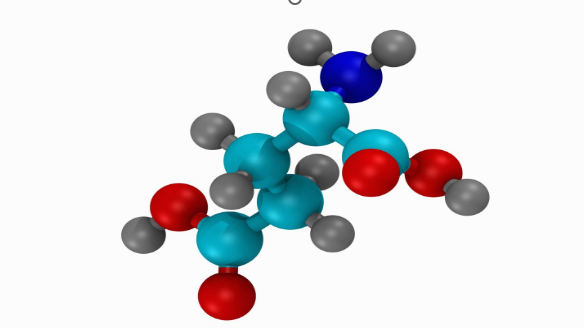
Amino Acids are organic compounds that combine to form proteins; hence they are referred to as the building components of proteins. These biomolecules are involved in several biological and chemical functions in the human body and are the necessary ingredients for the growth and development of human beings. There are mainly 22 different types of amino acids.
In 1838 Dutch scientist G.J. MULDER labelled a vital organic compound as “undeniably the most important in the organic kingdom”. Without it life on earth would be impossible as it is responsible for the fundamental phenomena of life.
“This complex nitrogen-bearing substance was called protein from the Greek word which means ‘take the first place’ “. Protein refers to the key nitrogenous components in the protoplasm of plants and animal tissues. Without protein hormone secretion is not possible.
There are several varieties of proteins. Each type contains a specific number of building blocks known as amino acids. Amino acids are important for the functions and structure of the body.
Before they can be absorbed by the body, all proteins must be first broken down into amino acids. The body requires about 22 amino acids for the normal functioning of the body. Each one of the 22 amino acids are important for the body.
some can be produced internally but essential amino acids must be obtained from the diet in proper proportion for growth and maintenance. Essential amino acids can’t be synthesized in sufficient amounts by the body and are listed in table A, while the non-essential ones can be produced if the nitrogen supply is adequate.
Classification of amino acids with respect to their essentiality: –
Essentials | Non essentials |
|
|
Estimated amino acid requirements of human: –
Requirement (mg/kg of body weight/day) |
|
|
|
Amino acids | Infant (3-6 months) | Child (10-12 years) | Adult |
histidine | 33 | ? | ? |
isoleucine | 80 | 28 | 12 |
leucine | 128 | 42 | 16 |
lysine | 97 | 44 | 12 |
Total Sulphur containing amino acids | 25 | 22 | 10 |
Threonine | 63 | 28 | 8 |
Tryptophan | 19 | 4 | 3 |
Essential amino acids: –
- TRYPTOPHAN: –
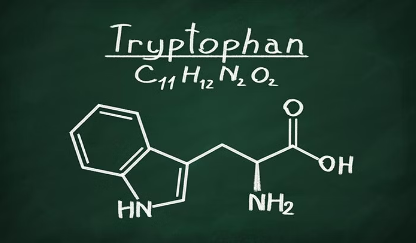
it is essential for: –
- Blood clotting
- Digestive juices
- Optic system
- Necessary for female reproductive organ
- Good for insomnia
- Work as painkiller
Sources: –
- It is present in most protein-based foods or dietary proteins.
- Chocolate,oats,cheese
- Almonds, sesame seeds,chickpeas,peanuts
- Spirulina
- All leafy vegetables,brocoli,peas
- Red meat,eggs,fish,poultry
- METHIONINE: –
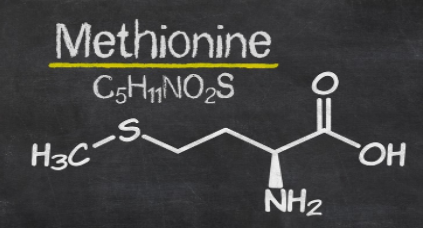
- This is a vital Sulphur bearing compound which helps dissolve cholesterol and Assimilate fats.
- Required for hemoglobin, pancreas, lymph and spleen.
- Helps to maintain normal body weight
Sources: –
- Brazil nuts, hazelnuts, walnuts, almonds
- Bursell sprouts, cabbage, cauliflower, pineapple, apples
- Oats, buckwheat flour, sunflower seeds.
- Dairy products
- Red meat, fish, eggs.
3.LYSINE: –
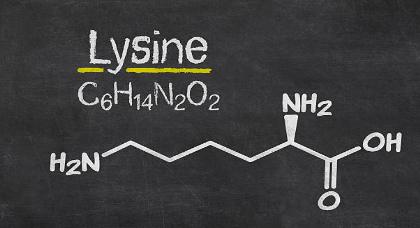
- Lysine inhabits viruses.
- Influences female reproductive cycle
- Lack of this may create headaches, dizziness, nausea, incipient anemia
Sources: –
- All nuts,seeds
- All vegetables
- Sub acid foods like avocado, mango, pears, apricots
- Red meat,parmesan cheese, cod fish
- VALINE: –
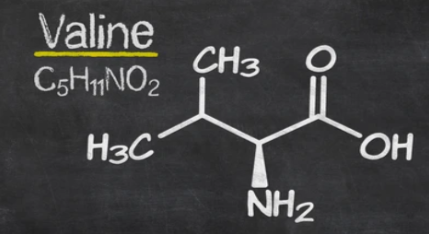
- Essential body growth factor.
- Particularly for memory gland (valine is given along with medication to people suffering from short term memory loss, Alzheimer).
- Good for proper ovarian function.
- Improves digestive system.
- Maintain nervous system.
- Lack of this makes a person sensitive to touch and sound.
- It is really good for the skin.
Sources: –
- Almonds, oats,
- Red beans, green moong dal
- Mushroom
- Jaggery
- Green Sorghum, jawari
- Red meat, fish, egg
- ISOLEUCINE & LEUCINE: –
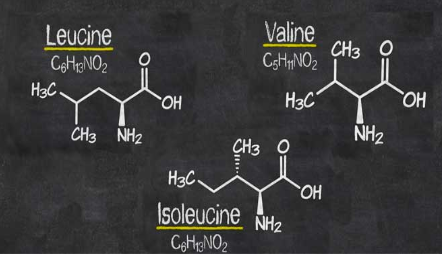
- It helps to maintain nitrogen balance which is vital for all body functions.
- Regulates metabolism of thymus, spleen, pituitary gland (master gland).
Sources: –
- All nuts (except cashew nuts), sunflower seeds, olives, avocado.
- Spirulina
- Beans and legumes
- Dairy products
- Meat, fish, eggs
- PHENYLALANINE: –
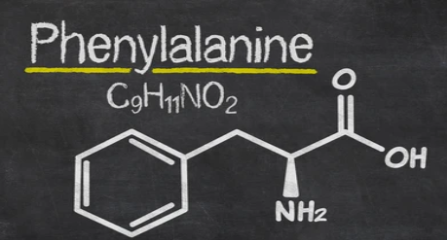
- It is mainly found in mother’s milk
- Essential for production of adrenaline
- Effective in weight management
- Helps in efficient function of kidney and bladder.
Sources: –
- Nuts, seeds
- Parsley, lentils, tomato
- Milk and cottage cheese
- Fish
- 7. THREONINE: –
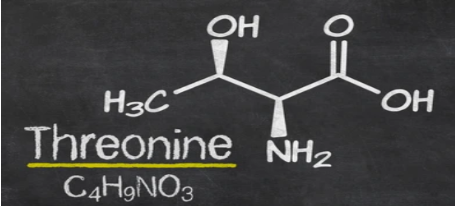
- Without this child’s development is incomplete.
- Malfunctioning of the brain may occur due to the deficiency of this amino acid.
- It has a powerful anti-convulsive effect.
Sources:-
- Cow’s milk, nuts.
- Kidney beans, lentils.
- Chia seeds, flax seeds.
- Carrots, green vegetables.
- Lean meat, tuna.
- HISTIDINE: –
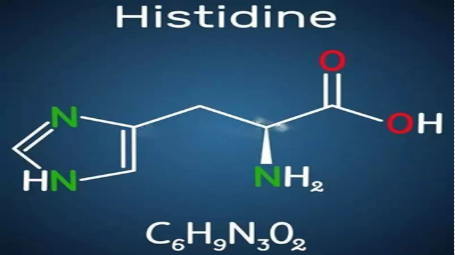
- Helps with tissue growth and repair.
- Vital for formation of glycogen in liver.
- Good for RA (Rheumatoid arthritis) patients.
Sources: –
- Mostly in root vegetables- beetroot, carrot, radish, potato, sweet potato.
- Rice, buckwheat flour, quinoa, fish, meat.
- ARGNINE: –
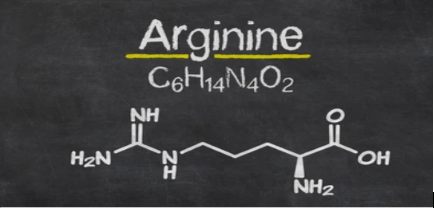
- It is called “fatherhood” amino acids.
- It comprises of 80% of all male reproductive cells.
- Lack of this causes impotence.
sources: –
- All root vegetables
- Pumkin seeds, sunflower seeds, watermelon seeds, sesame seeds.
- Milk, yogurt, cheese.
- CYSTINE:-
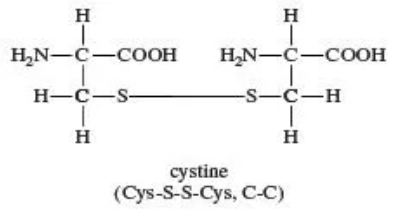
- It is an indispensable amino acid.
- Provides resistance by building up white cell activities.
- Helpful for skin and hair growth.
- Provides fast recovery after surgery.
Sources:-
- Cottage cheese yogurt.
- Oat flakes.
- Wheat grass.
- Meat, chicken.
- TYROSINE: –
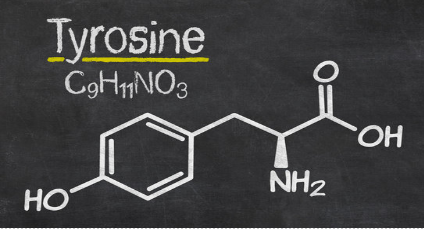
- It is an anti-stress amino acid.
- Beneficial for depression, nervousness, irritability.
- Helpful in treating allergies.
- Controls high blood pressure.
Sources: –
- Peanuts, almonds.
- Avocado, banana.
- Dairy products, turkey, fish.
- Pumkin seeds, sesame seeds.
- GLUTAMINE: –
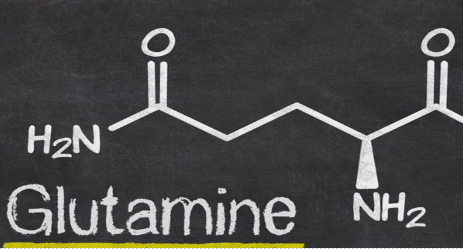
- Known as “sobriety nutrient”.
- Beneficial in the treatment of alcoholism.
- Reduce craving of Tobacco.
- Helpful for drug addicts.
Sources: –
- Dairy products, eggs.
- Beetroot, cabbage, spinach, parsley, carrot, coriander, celery.
- Wheat, fermented food.
- Papaya.
- CYSTEINE: –
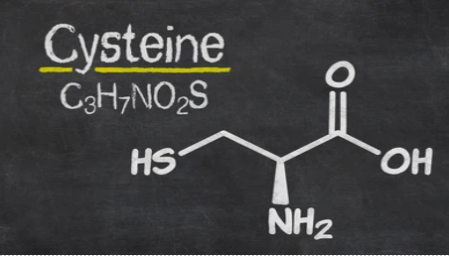
- Protect from damage through antioxidants.
- Helps to fight cancer and aging.
- Deficiency of it may cause low blood pressure, anemia, slow healing of wounds.
- Children may suffer from stagnant growth and permanent damage to the gland.
Sources: –
- dairy products.
- Whole grains.
- Almonds, pistachio.
- Eggs.
